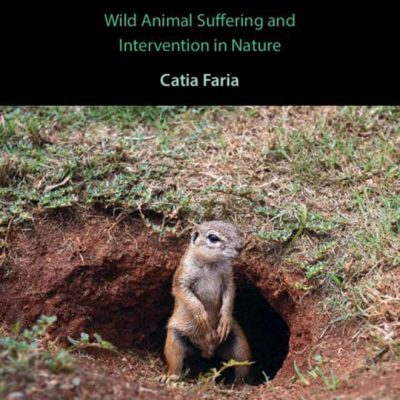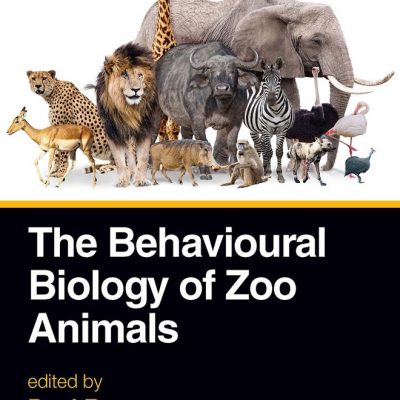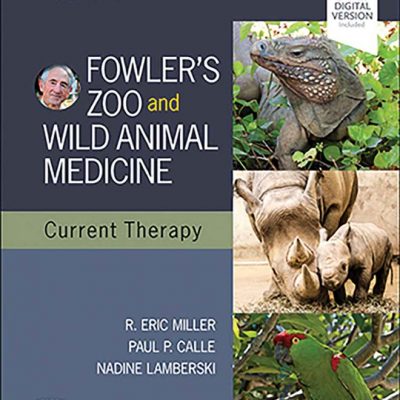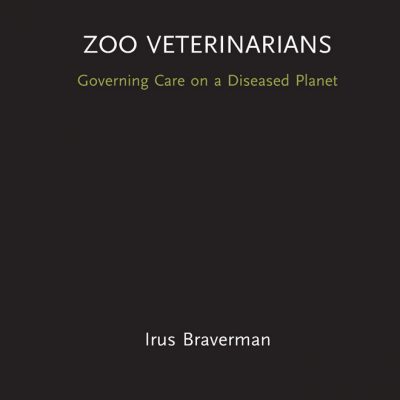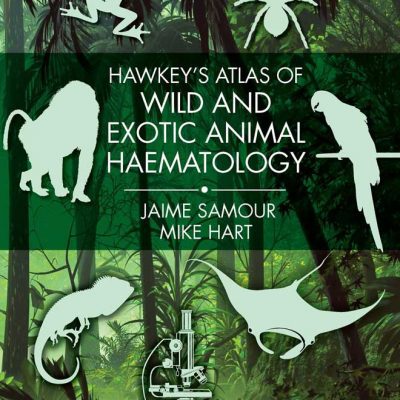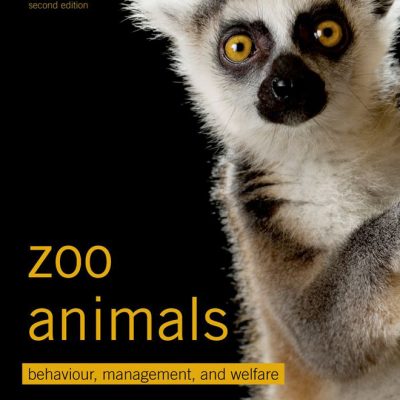
Fowler’s Zoo and Wild Animal Medicine Current Therapy, Volume 7
by R. Eric Miller and Murray E. Fowler
May 2011
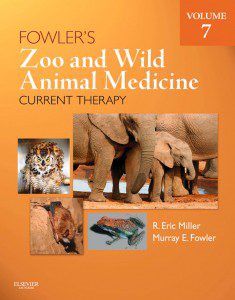
With coverage of current issues and emerging trends, Fowler’s Zoo and Wild Animal Medicine, Volume 7 provides a comprehensive, all-new reference for the management of zoo and wildlife diseases. A Current Therapy format emphasizes the latest advances in the field, including nutrition, diagnosis, and treatment protocols. Cutting-edge coverage includes topics such as the “One Medicine” concept, laparoscopic surgery in elephants and rhinoceros, amphibian viral diseases, and advanced water quality evaluation for zoos. Editors R. Eric Miller and Murray E. Fowler promote a philosophy of animal conservation, bridging the gap between captive and free-ranging wild animal medicine with chapters contributed by more than 100 international experts.
- The Current Therapy format focuses on emerging trends, treatment protocols, and diagnostic updates new to the field, providing timely information on the latest advances in zoo and wild animal medicine.
- Content ranges from drug treatment, nutrition, husbandry, surgery, and imaging to behavioral training.
- Coverage of species ranges from giraffes, elephants, lions, and orangutans to sea turtles, hellbenders, bats, kakapos, and more.
- An extensive list of contributors includes recognized authors from around the world, offering expert information with chapters focusing on the latest research and clinical management of captive and free-ranging wild animals.
- A philosophy of animal conservation helps zoo and wildlife veterinarians fulfill not only the technical aspects of veterinary medicine, but contribute to the overall biological teams needed to rescue many threatened and endangered species from extinction.
- All content is new, with coverage including coverage of cutting-edge issues such as white-nose disease in bats, updates on Ebola virus in wild great apes, and chytrid fungus in amphibians.
- Full-color photographs depict external clinical signs for more accurate clinical recognition.
- Discussions of the “One Medicine” concept include chapters addressing the interface between wildlife, livestock, human, and ecosystem health.
- New sections cover Edentates, Marsupials, Carnivores, Perrissodactyla, and Camelids.
- Over 100 new tables provide a quick reference to a wide range of topics.
- An emphasis on conserving threatened and endangered species globally involves 102 expert authors representing 12 different countries.

